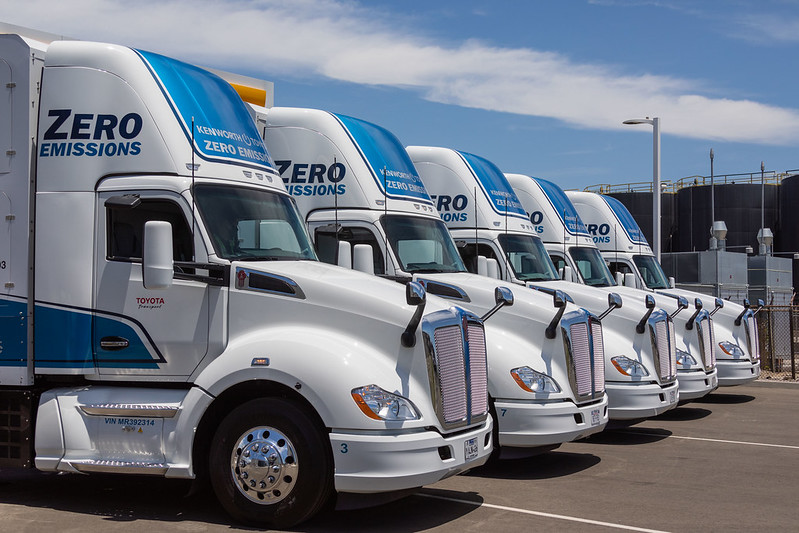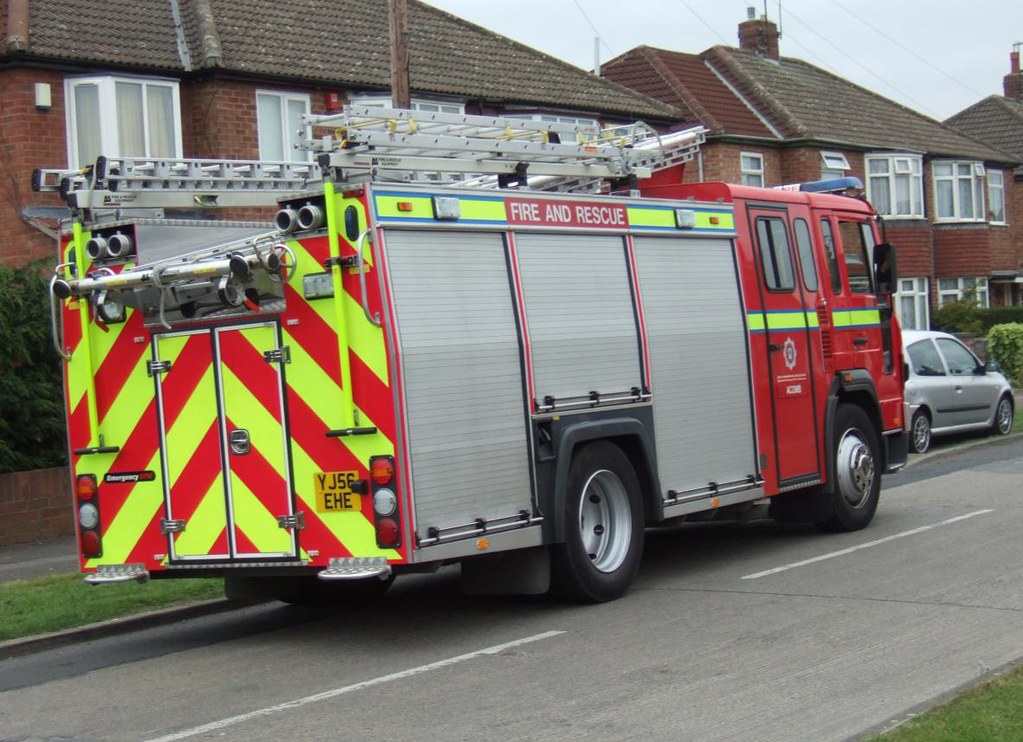How Do FCEV Compare To BEV As We Push For Net Zero?

As more sustainable transport options become available, comparisons between hydrogen and battery electric trucks will inevitably arise. Hydrogen Industry Leaders analyse the benefits and drawbacks of both when compared.
There is no silver bullet for net zero, especially in the transport sector. A mixture of electric, hydrogen and hybrid vehicles will inevitably shape the decarbonisation agenda in the UK.
Truckage and haulage contribute heavily to transport total emissions, with 91% of all transport emissions coming from UK roads and nearly 500,000 HGVs registered in the UK by 2020.
A recent report published by Transport & Environment made comparisons between hydrogen and battery electric trucks to help decision-makers and industry leaders decide how to improve their fleet.
The report focussed on multiple environmental comparisons, but the primary considerations were vehicle characteristics, the total cost of ownership and refuelling and charging times, all of which are essential to managing effectively if companies are to become net zero and have a profitable business.
When discussing the different vehicle characteristics that the report focussed, it stated: “The sample vehicle for both the regional delivery and long-haul duty cycle is a typical tractor-trailer under type-approval in the European Union. It has a gross combined vehicle weight (GCVW) of 40 tonnes, a vehicle curb weight of 14 tonnes, and a maximum payload of 26 tonnes.”
Continuing, it said: “Both the fuel cell electric (FCEV), as well as the battery electric vehicle (BEV), have an electric drivetrain with a combined rated power output of 350 kW. The FCEV features a fuel cell stack, compressed hydrogen storage tank and a smaller onboard battery pack to buffer for engine peak loads.”
Additionally, the BEV has a sizeable onboard battery pack whose usable capacity is capped at 80% to ensure long-term durability. The main criterion for determining the onboard energy storage for the FCEV and BEV is that the respective vehicle reaches the required operating range without the need for refuelling or recharging in-between.
When considering the ownership costs, the report stated that the average retail price of a BEV was €215,795, and that of an FCEV was €159,956. Despite the initial cost of a hydrogen vehicle is cheaper, the annual maintenance costs and repairs for a BEV were €8,400, while repair costs are 84 per cent higher in an FCEV.
In terms of vehicle tax, the price is the same, so there is very little to split the two modes of transport in terms of everyday operational costs.
As previously reported by Quadrant Smart, the price of electricity is heavily influenced by the wholesale price of gas. This means the price per kWh of electricity was priced at €13.62 in June 2020, while a Kg of hydrogen was priced at €6.36.
This is expected to change as green hydrogen projects expand across the UK and the levels of hydrogen produced and stored increase.
In terms of charging times, the report stated: “Recharging times are aligned with EU rules on driving times and rest periods. They foresee maximum daily driving periods of 9 hours (10 hours in exceptional cases) and minimum resting periods of (at least) 9 hours 20.”
At 80 km/h average vehicle speed, this amounts to 800 km per day. In addition, mandatory breaks of at least 30 minutes every four and a half hours are legally required. “Based on the above, one driver can therefore perform a single distance of not more than 360 km between mandatory breaks,” the report added.
The high-power mega charger (1.2 MW) can charge a range of 400 km for the long haul BEV in around 30 minutes. Likewise, the high-power rapid charger (600 kW) can set a range of 200 km for the regional delivery BEV in approximately 30 minutes.
The overnight chargers (150 kW and 75 kW) can fully charge the onboard battery of the regional and long-haul BEV in around 8 hours. The range of the hydrogen dispenser flow rate is estimated to be between 3.6 and 7.2 kgH2 per minute, ensuring refuelling times of no more than 20 minutes if the onboard tank of the FCEV is empty.

